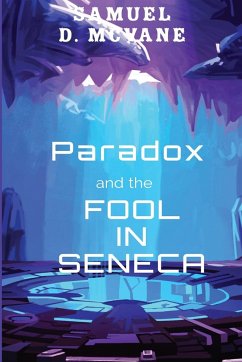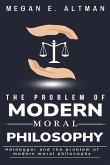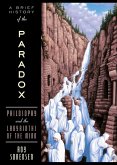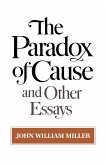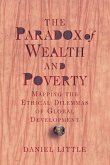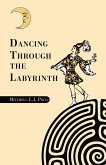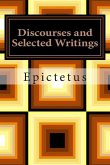In this study I argue that paradox or paradoxicality in Seneca's works and the Epistulae Morales in particular provides an essential unifying foundation to Seneca's notion of ignorance, a means of its alleviation, and an important contribution to Senecan style and rhetoric. The standard Stoic conception of ignorance, as a mental state of incoherent and confused views, attitudes, and habits of thinking, anchors Seneca's Stoic works. Yet, for Seneca, the life of the ignorant person or "fool" (stulti or ¿¿¿¿¿¿) - among whom all but the rarest of humans number - is characterized above all by the experience, manifestation, and embodiment of paradox, each of which result solely from his foolishness. Most basically, ignorance is understood here as a state of mind in which we make any number of assumptions, many of which however are confused, ill-founded, and inconsistent, such that on the whole our state of mind is far removed from the ideal of being knowledgeable and wise. Paradox relates to ignorance because, insofar as we are in this state, the world presents itself as puzzling, confusing, and contrary to our expectations, which is to say, paradoxical. Whenever we come to hold certain views, whether general, such as that virtue matters greatly, or particular, such as that a present setback is not so bad, these views are ill-integrated with the rest of our attitudes. They are therefore unstable: we default to earlier assumptions; they are muddy; and insofar as they do not fit with other views we hold, we don't have a firm grip on them. This instability and the underlying incoherency of our states of mind are, in turn, manifested in our own lives - in thinking, affect, and action. Paradoxicality, thus, is an existential problem in Seneca, and it raises challenges for how to live.

